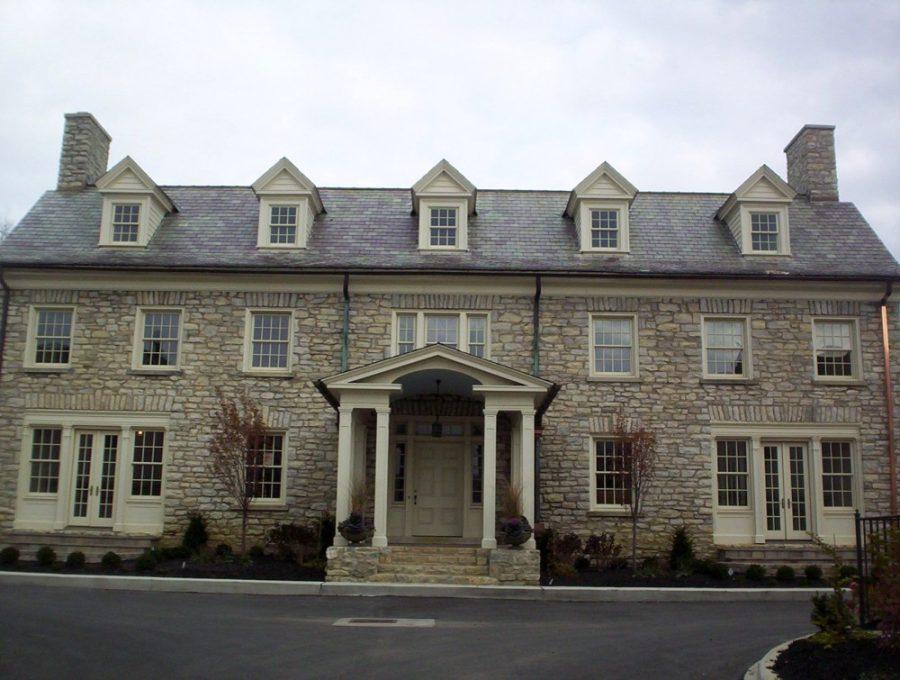Its meaning is elusive, its usage varied and its implications unclear. “Late capitalism” has remained a nebulous, ill-defined cultural notion, historically relegated to economists and academics to describe the period following World War II and its accompanying consumer culture. The term’s accepted definition is only slightly less vague than my description, in that there isn’t quite one.
What then, is the purpose of this article? Why write an opinion piece laden with imposing vocabulary only to present an underdeveloped idea? By virtue of being an underdeveloped idea, late capitalism proves an interesting subject of discussion because it has remained so prolific despite its ambiguity.
Recently, late capitalism has been exhumed and given new life by the internet. It’s difficult to pinpoint who exactly is responsible for this iteration in usage, but one aspect is certain: late capitalism was removed from its academic ivory tower once Reddit and Twitter users adapted it to reflect their observations of contemporary culture.
Millennials and digital native generation have played a major role in resurrecting the term. For reference, current examples of late capitalism include trends in the contemporary market that embody certain worries or ironies of which young people have become increasingly hyper aware.
RELATED: Have the philosophy kings failed us?
For example, “McMansions” — that is, large, mismatched and ugly mass-produced houses that include various conflicting architectural styles. The forceful removal of a man from a United Airlines flight who may or may not have been on the flight roster. Ten-dollar avocado toast and Pepsi commercials featuring Kendall Jenner that ineffectively riff on social movements. These are prime examples of the attitude that many newer generations have come to resent.
Objectively, late capitalism as used today seems to be nothing more than opposition to accepted norms in the market by “revolutionary-minded” young people attempting to flip the establishment and conventional culture. After all, there are plenty of situations that young people might participate in the system they demonize.
Celebrity culture, Instagram and Snapchat followers as a meter of influence and popularity, $5,000-dollar Supreme drops and getting wasted at Coachella are, at their core, no different or any more hypocritical than avocado toast, expensive coffee or Pepsi ads.
Despite conflicting ironies bordering on a right versus left meme-war, there is a ray of truth that might be yielded from this discussion of the enigmatic late capitalism. That ray of truth is the degree to which modern socialism ought to be installed while maintaining market efficiency. The fact of the matter is that there are certain trends associated with our global economy — and not explicitly the fault of the free market, many times contrary in fact — that will eventually require government regulation or reconsideration including national park and general wildlife protection, air pollution, water pollution, infrastructure improvements and innovation, renewed public interest in space exploration and welfare programs.
There does exist a balance between public regulation and the innovation and efficiency brought about by the free market. The attitude towards what would amount to late capitalism is often nebulous, but represents a very real and relevant sentiment that shouldn’t be ignored.
Follow Daily Wildcat on Twitter









